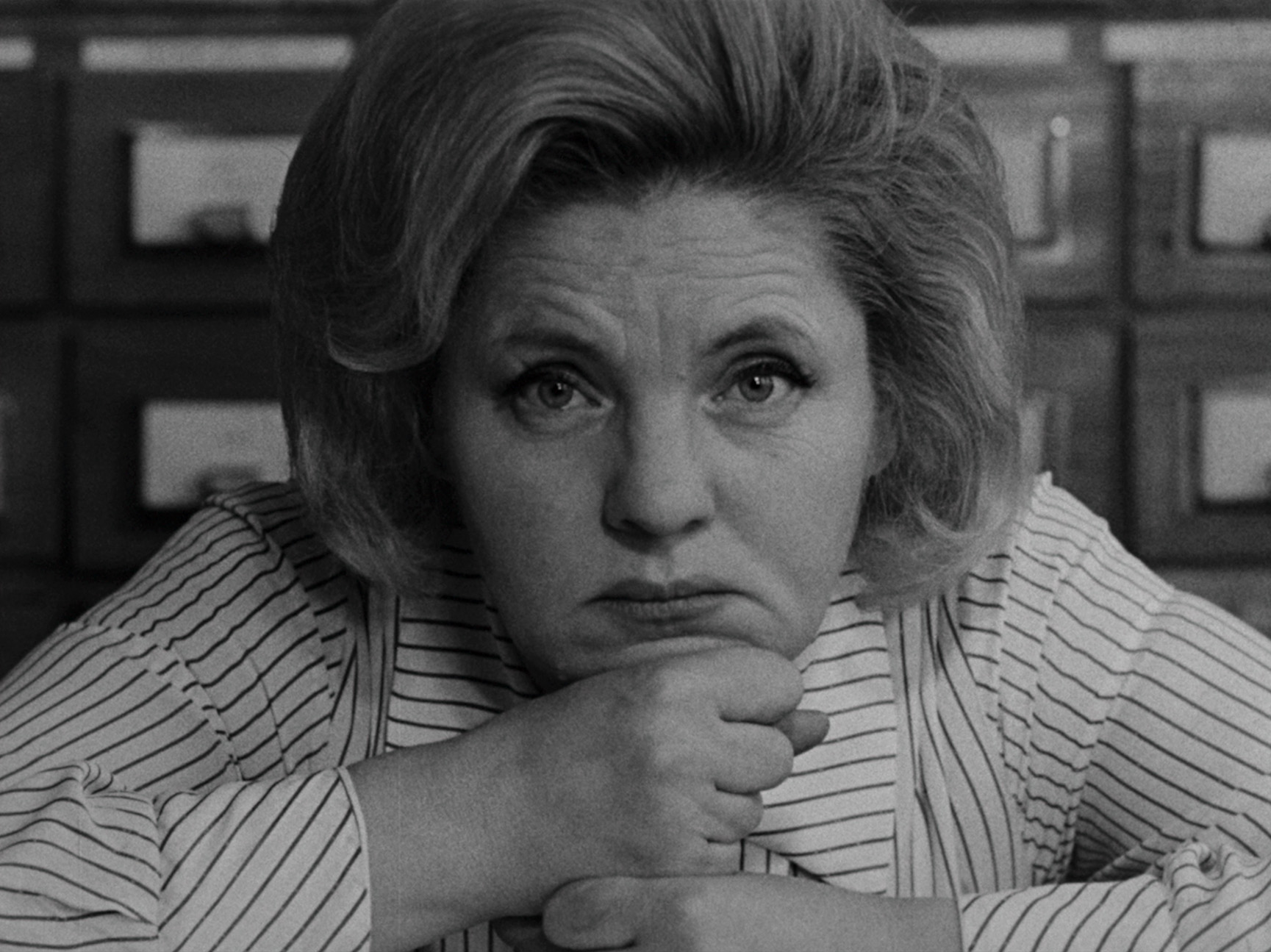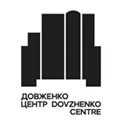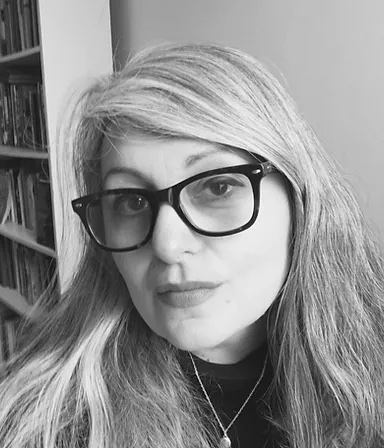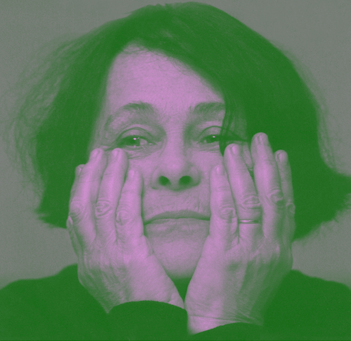The Long Farewell
Ostensibly the story of the strained relationship between a divorced translator and her teenaged son, who would rather live with his father in Siberia. A delicate, heart-breaking portrait of loneliness and unrequited longing.
The Long Farewell’s “almost unbearable tension is explored in a series of fluid, inventive sequences, which … show Muratova [to be] streets ahead of her male contemporaries” (Ian Christie). Completed in 1971 and promptly shelved by censors for sixteen years, Muratova’s important early feature, scripted by prominent feminist Natalya Ryazantseva, was deemed too aesthetic, personal and elitist by Soviet authorities and got her disqualified from directing at Odessa Film Studio. Heralded as a lost masterpiece when finally released in 1987, this simple tale of maternal jealousy and filial rebellion is transformed by Muratova into a thrillingly odd drama full of visual sophistication, exquisite camerawork, and quietly stunning piano score by Oleg Karavaichuk.
This screening of Kira Muratova’s The Long Farewell is programmed by Oliver Dickens to raise funds for Ukraine humanitarian aid and the National Oleksandr Dovzhenko Film Centre in Kyiv. The Russian invasion has disrupted funding, making it not only impossible for the Dovzhenko Centre to cover basic costs such as utilities or to continue its regular activities, but also to pay its staff salaries. Proceeds from this screening will be split between the Dovzhenko Centre and Ukraine humanitarian aid.
With thanks to the Dovzhenko Centre and Institut français for their support. Special thanks to Close-Up Film Centre
In partnership with Dovzhenko Centre, Sonic Cinema, Another Gaze, and Kino Klassika.






